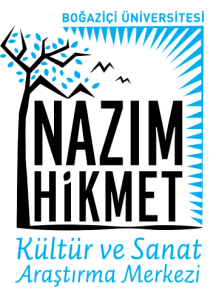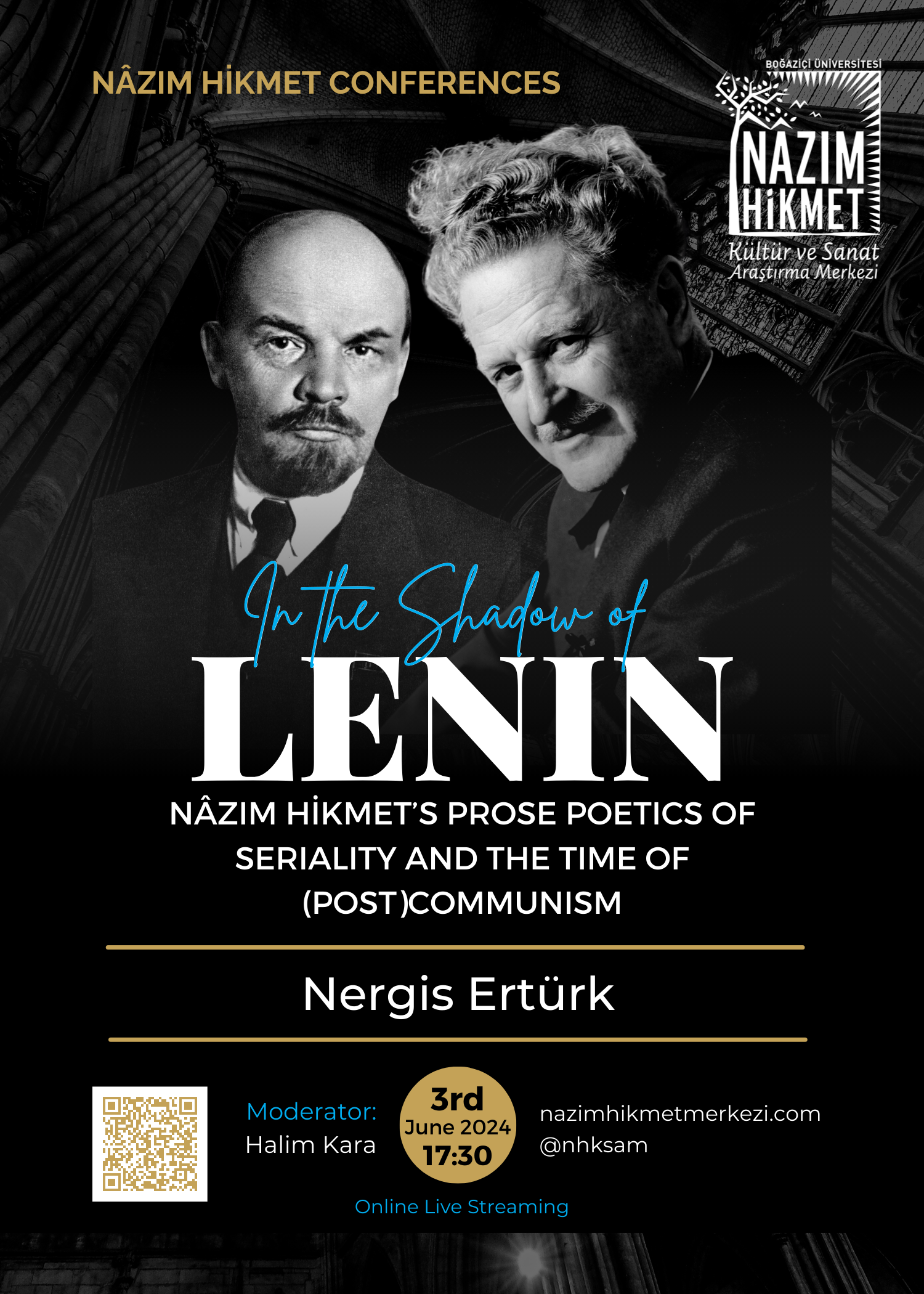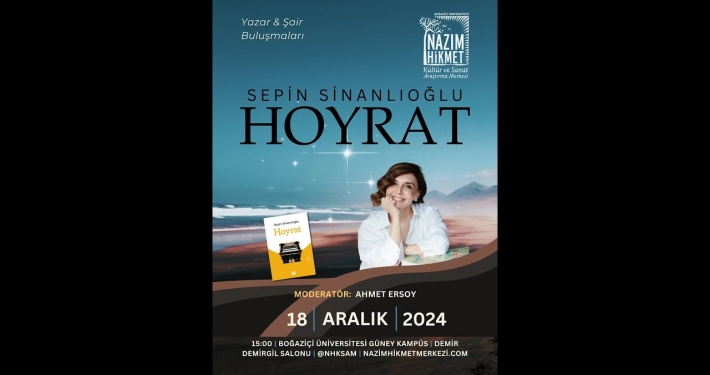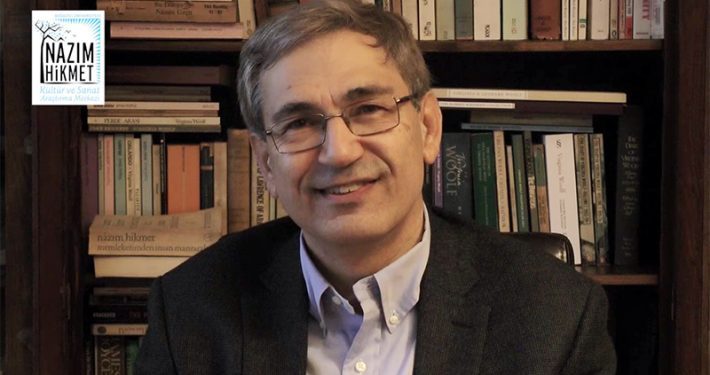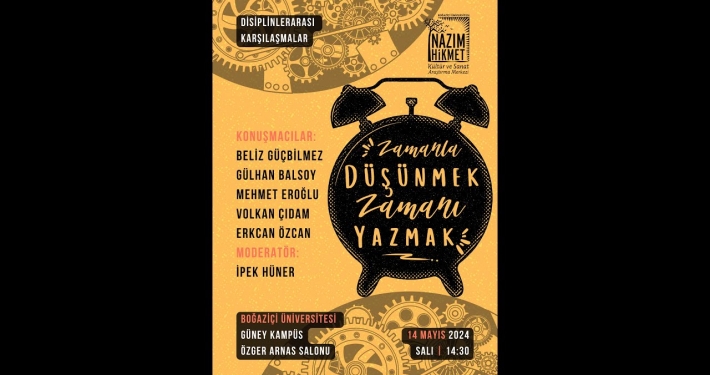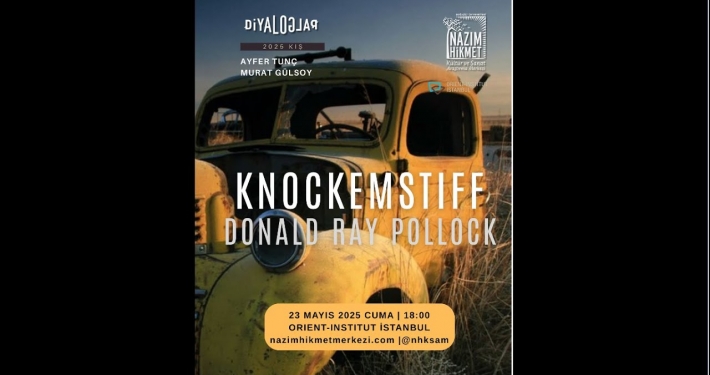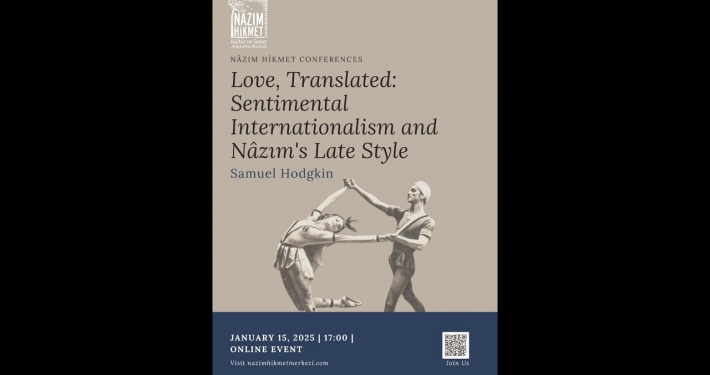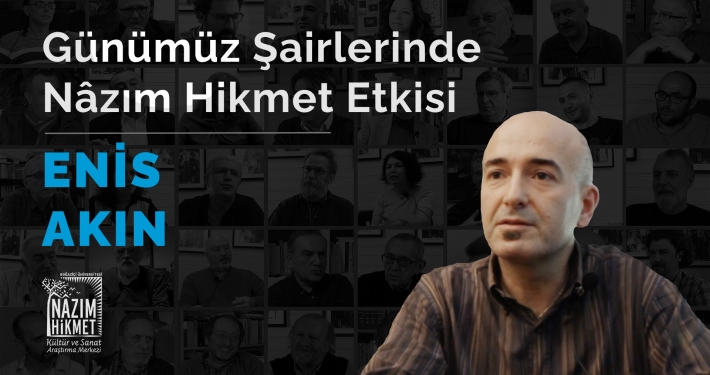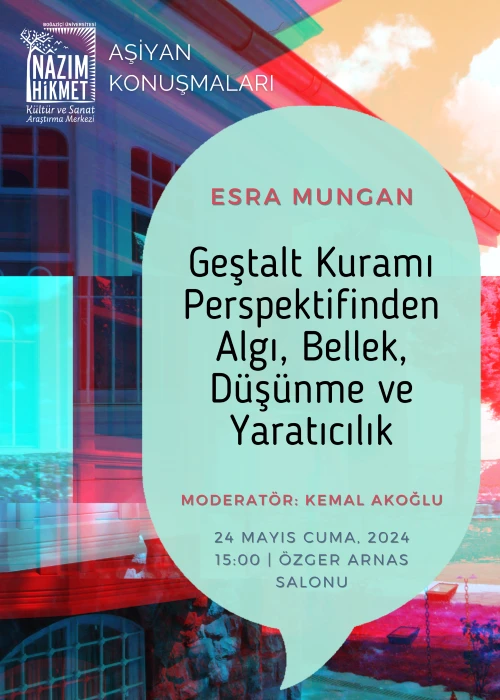Taking into consideration Nâzım’s recently published correspondence and reports in the Turkish Communist Party (TKP) archive, this paper aims to move beyond the perfunctory, generalizing study of the relation between Nâzım’s literary aesthetics and revolutionary activism, suggesting that V. I. Lenin (more than Vladimir Mayakovksy) was a key influence on his literary writings. Of central importance among his party writings is a 1925 report titled “Newspaper: A Collective Organizer” (“Gazete Kollektif Bir Teşkilatçı”), which drew extensively on the Turkish translations of Lenin’s 1901 article “Where to Begin” (“S chego nachatʹ?”) and 1902 book What Is to Be Done? (Chto delatʹ?). Through a reading of his party writings on communist journalism in relation to his literary works, I establish that the Leninist concept of seriality formed the core principle of Nâzım’s poetics from the late 1920s to the 1960s. Focusing on his poetry from the 1930s, on his epic novel in verse, Human Landscapes from My Country, and on his final autobiographical novel Life’s Good, Brother, this paper addresses the continuities and shifts in Nâzım’s prose poetics of seriality. Rejecting the characterization of Asian and African writers as latecomers to the Marxist debates on genre and form, I argue that Nâzım’s prose poetics of seriality represents another “origin” of this debate.
